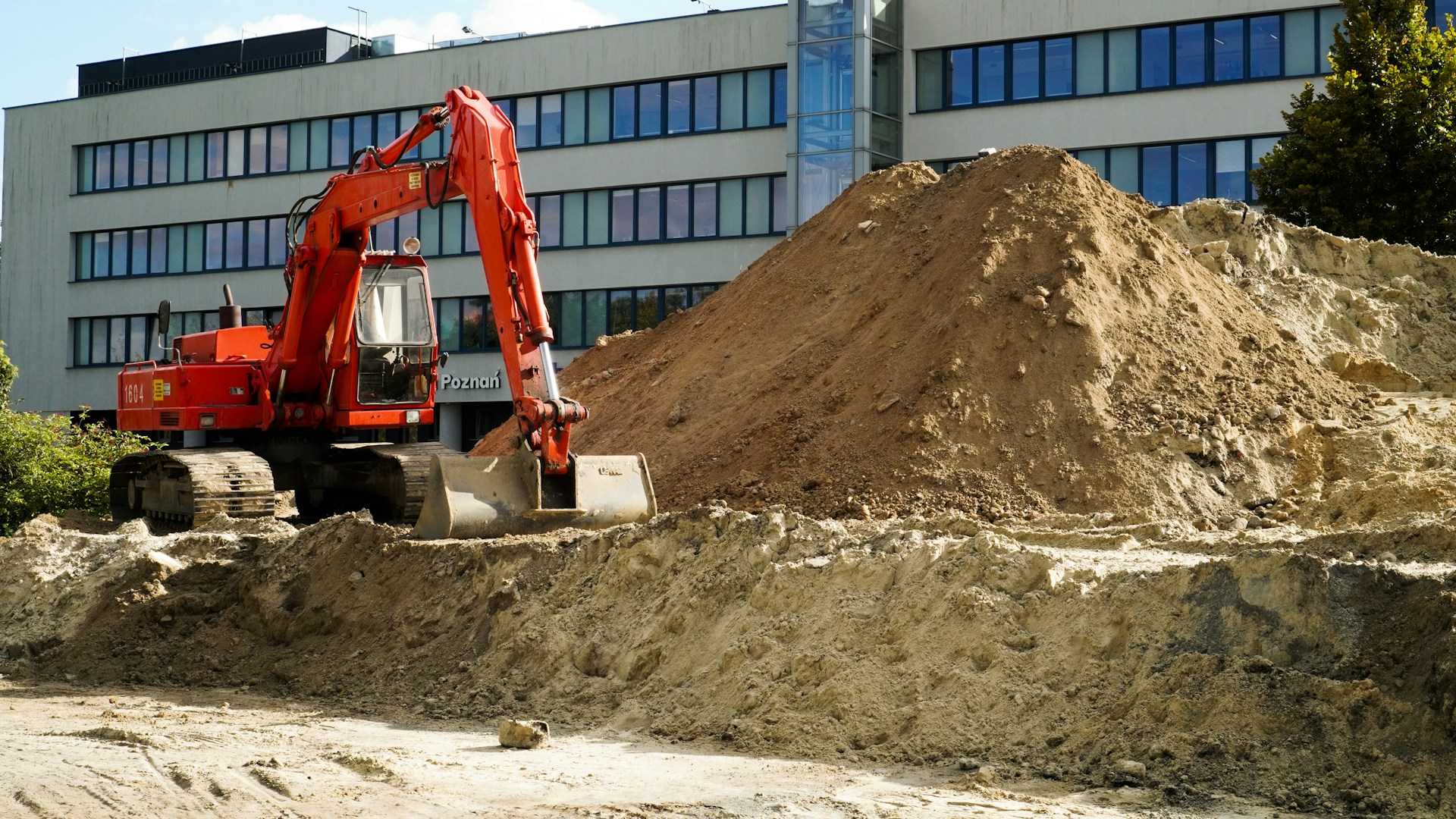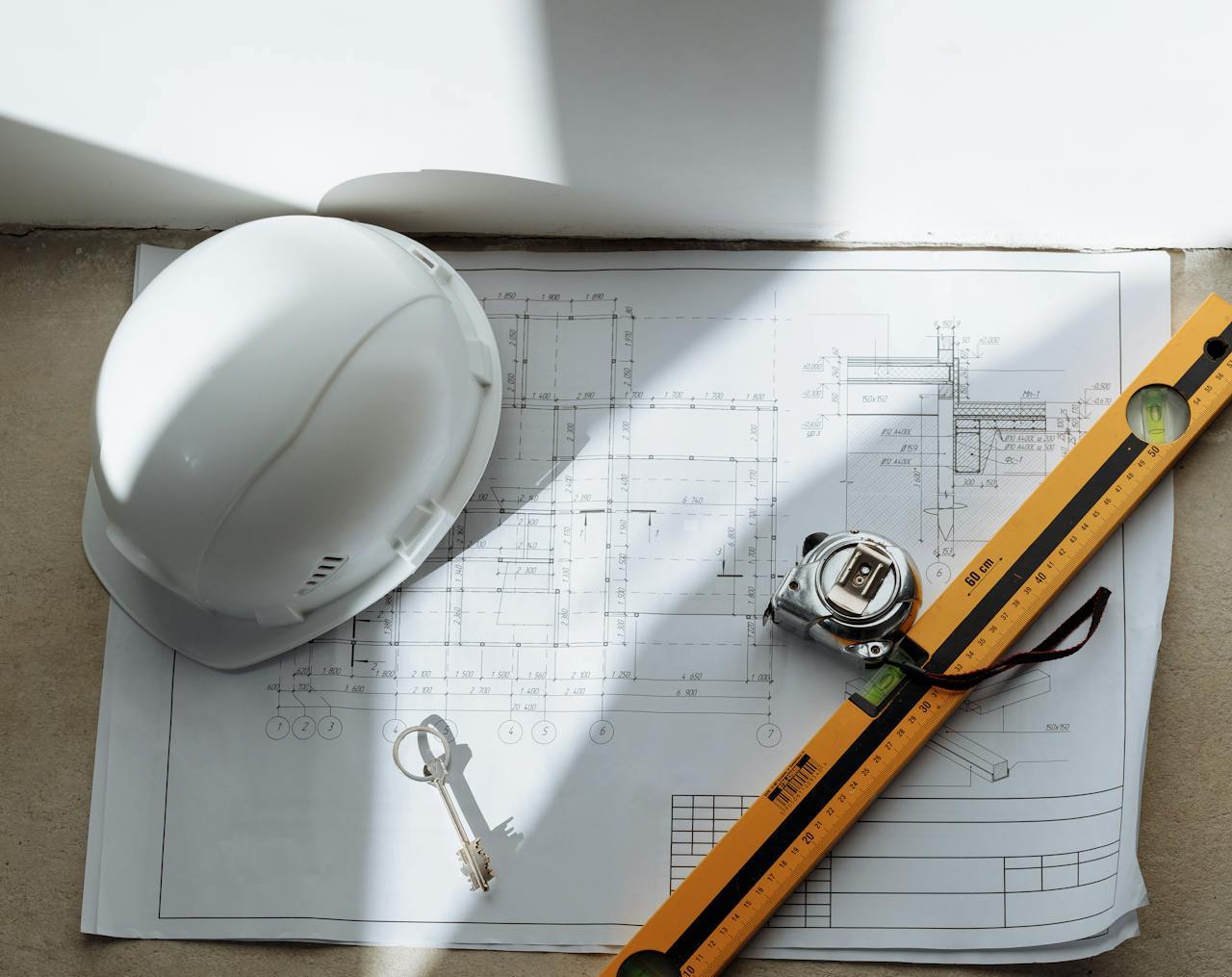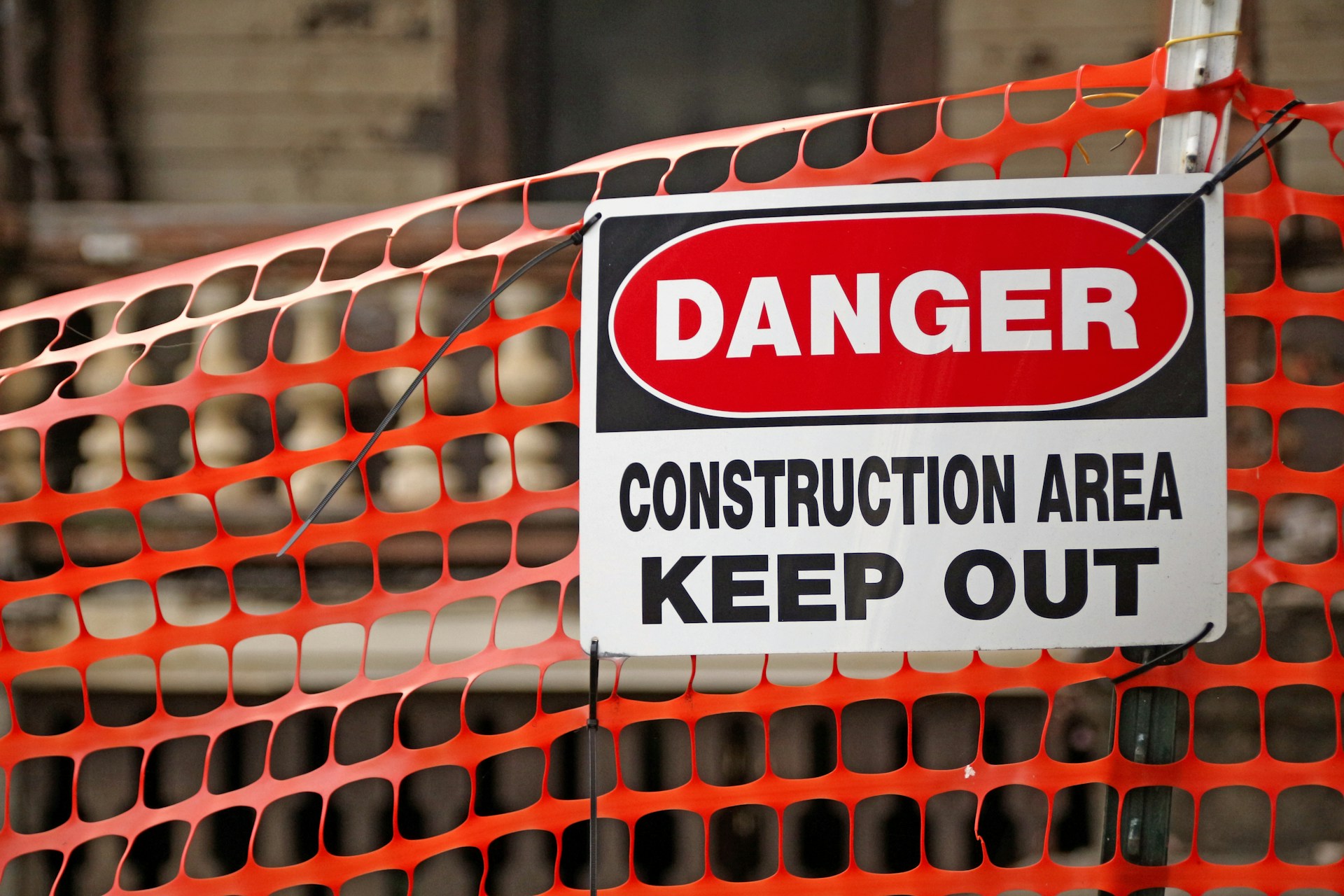Project owners face a crucial challenge when starting construction in Fort Worth. The difference between a successful build and costly delays often comes down to contractor selection. Your first step involves verifying credentials through the Texas Department of Licensing and Regulation before any conversations begin.
We approach contractor vetting as a systematic process that covers state compliance, local permit knowledge, and communication standards. The selection process becomes manageable when you focus on verification, local regulations, and proven performance metrics. This guide walks through each essential step to help you identify contractors who meet both Texas state requirements and Fort Worth’s specific municipal standards.
How Do You Verify A Contractor’s Texas License And Record?

The Texas Department of Licensing and Regulation (TDLR) provides two essential verification tools that we recommend using before any construction engagement. These state-provided resources let you confirm licensing status and review enforcement history in minutes.
Start With TDLR License Search
Navigate to TDLR’s official website and access the Active License Data Search portal. This tool searches by contractor name, license number, or location to verify current licensing status. For electricians and HVAC contractors, this system confirms their credentials are active and valid.
The search results display the license type, expiration date, and current status. We always verify these details match what contractors claim during initial discussions. For plumbers, use the Texas State Board of Plumbing Examiners portal instead, as they maintain separate licensing records.
Check Enforcement Actions And Penalties
After confirming license status, search TDLR’s “Search for Penalties and Administrative Orders” database. This system reveals any enforcement actions, violations, or penalties issued against the contractor. The database covers orders from the current and past two fiscal years.
Administrative violations range from Class A penalties ($500 to $1,000) for documentation issues to Class D penalties ($5,000 and potential revocation) for serious compliance failures. We look specifically for patterns of mechanical integrity violations, unlicensed activity, or failure to maintain proper insurance coverage.
Understanding What The Records Show
TDLR enforcement records follow Occupations Code Chapter 51 and categorize violations by severity. Insurance violations, improper supervision of technicians, and misrepresentation of services appear frequently in enforcement actions. These records help us assess whether contractors maintain consistent compliance with state regulations.
The system also tracks complaints filed against contractors, though not all complaints result in formal enforcement actions. We use this information to understand a contractor’s regulatory history before making hiring decisions. Clean records indicate consistent compliance, while multiple violations suggest potential reliability concerns.
Where Can You Build A Local Shortlist And Filter By Project Needs?
Online directories provide the most efficient approach for connecting with Fort Worth general contractors who match your specific project requirements. These platforms eliminate guesswork by requiring you to answer targeted questions about your construction needs before presenting suitable professionals.
The most effective Fort Worth general contractors directory platforms operate within a 50-mile radius of your location. This geographic filter ensures you connect with contractors familiar with local building codes, permit processes, and regional material suppliers that we discussed in the previous section.
Essential Project Type Filters
Start by selecting your specific project category. Leading directories list thousands of Fort Worth area contractors across multiple specialties. Kitchen remodeling filters connect you with contractors experienced in cabinet installation, countertop work, and appliance coordination.
Bathroom remodeling filters identify professionals skilled in plumbing updates, tile work, and fixture installation. Home additions require contractors with experience in foundation work, structural modifications, and permit navigation.
Custom homes demand builders familiar with design-build processes, material sourcing, and extended project timelines. Drywall specialists focus on interior finishing, texture matching, and repair work.
Budget And Rating Filters
Budget filters help you connect with contractors whose typical project ranges align with your investment level. Most directories organize contractors by low, medium, and high-end price points based on their completed projects and client feedback.
Rating systems provide insight into contractor performance through verified client reviews. Look for contractors with consistent ratings above 4.0 stars and recent project completions. Review count matters as much as average rating since it indicates active business and customer engagement.
Business highlight filters surface contractors with specific credentials, insurance coverage, or specialized certifications. We prioritize these markers when evaluating potential partners for complex projects requiring expertise beyond basic construction skills.
Geographic Coverage Within Fort Worth
The Fort Worth metropolitan area includes numerous suburbs and communities, each with distinct permit requirements and building standards. Directory filters allow you to specify contractors serving your exact neighborhood, ensuring they understand local compliance requirements.
Contractors familiar with your area bring valuable knowledge about soil conditions, common construction challenges, and established relationships with local suppliers and inspectors. This local expertise translates into smoother project execution and fewer unexpected delays.
What Should You Ask For In Bids And Communication?

Homeowners consistently value clear communication and detailed documentation when working with contractors. Local reviews across Fort Worth highlight specific elements that separate professional contractors from those who create problems.
We focus on transparent bid processes and steady communication because these factors directly impact project success. The contractors who deliver on schedule, maintain clean job sites, and provide consistent updates earn the strongest reviews from property owners.
Essential Bid Components
A comprehensive written scope forms the foundation of every successful project. This document should specify exactly what work will be performed, which materials will be used, and what the final result will look like. We always include detailed specifications rather than general statements.
The project schedule should outline start dates, major milestones, and completion targets. This timeline helps property owners plan around construction activities and sets realistic expectations for project phases. Clear scheduling also demonstrates our understanding of the work involved.
Cost breakdowns provide transparency in pricing and help owners understand where their investment goes. We separate labor, materials, permits, and other expenses so owners can see the value in each project component.
Communication Standards
Regular project updates prevent misunderstandings and build confidence throughout the construction process. We establish communication schedules that work for both parties, whether through daily check-ins, weekly reports, or milestone updates.
Timely responses to questions and concerns show respect for the owner’s time and investment. When issues arise, prompt communication allows for quick resolution rather than letting problems compound.
Site cleanliness protocols should be clearly defined before work begins. This includes daily cleanup procedures, debris removal schedules, and protection measures for existing landscaping and structures.
Permit And Compliance Verification
Confirm that contractors will handle all required Texas Department of Licensing and Regulation permits and City of Fort Worth approvals. This responsibility should be explicitly stated in the bid documents rather than assumed.
For projects involving right-of-way work, verify the contractor’s knowledge of Fort Worth’s traffic control requirements. These include 48-hour customer notifications, proper signage, and coordination with Transportation & Public Works inspectors.
Insurance verification protects both parties throughout the project. Request current certificates and confirm coverage levels meet project requirements and local standards.
Conclusion And Next Steps

Finding the right general contractor requires a systematic approach that balances state compliance with local expertise. We verify licenses through TDLR’s official verification system, check enforcement histories, and confirm contractors understand Fort Worth’s specific permit requirements and right-of-way management protocols. These verification steps protect your project from costly delays and compliance issues.
Building your contractor shortlist involves filtering local directories by project type and reviewing ratings from similar work. Request detailed written bids that include scope, timeline, and permit compliance procedures. Maintain clear communication throughout the selection process, focusing on contractors who demonstrate knowledge of traffic control plans and proper notification procedures. These practices help ensure your project meets both state licensing requirements and municipal standards while delivering the quality construction you need.
Contact EB3 Construction to discuss your Fort Worth construction project with experienced professionals who understand local compliance requirements.




